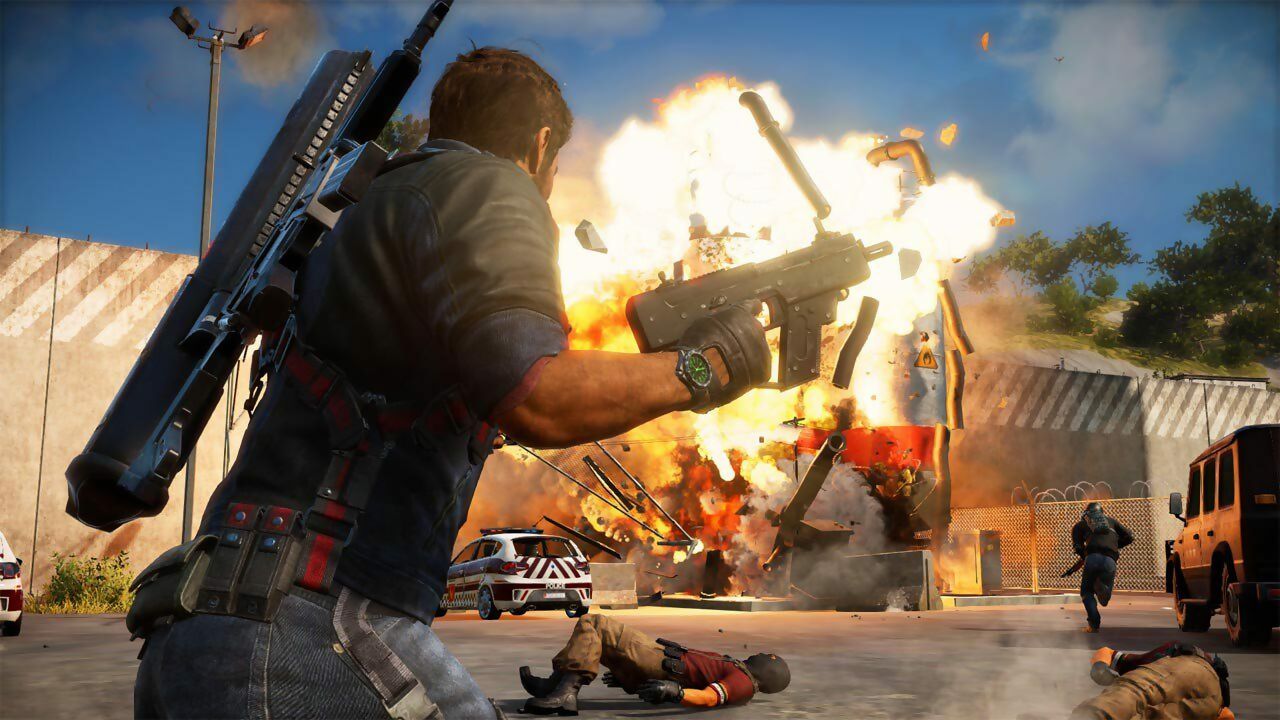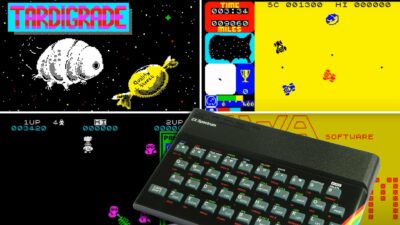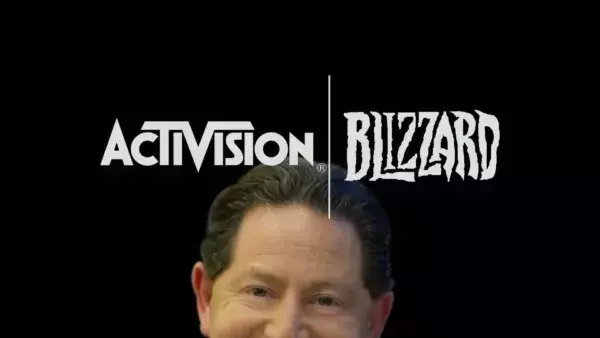
Just Cause 3 may be nearly eight years old, but we still have the open-world sandbox’s gently ridiculous radio broadcasts ringing in our ears.
I really miss that fanfare. Do you remember the fanfare in Just Cause 3? It occurred right after you, in the role of Rico Rodriguez, caused another bout of wanton property damage at a military installation. You’d probably reeled an oil drum into a communications tower, shattering it into a thousand pieces. You’d more than likely driven a truck into fuel tank, causing neighbouring fuel tanks to explode in a fiery chain reaction. Maybe you used some carefully placed C4 explosives to destroy a long-range radar.
Once all that had happened, out would come the fanfare: a crackly trumpet blast from the General’s News Network, the state-run radio station owned by the island’s despot and chief antagonist, Sebastiano Di Ravello. The jaunty, upbeat honk of trumpets would’ve been a decent addition by itself, coming as it did after all that gratuitous destruction. But the fanfare was just the prelude to one of Just Cause 3’s running gags: that the state radio station could only run news stories that showed Di Ravello’s leadership in a positive light, no matter how badly Rodriguez’s antics had damaged it.
And so, every time Rodriguez took out another military base – whether it was a little installation by the sea or a hulking fortress in the mountains – up would pop the announcer to put a cheerful, propagandist’s spin on things. A base near Corda Dracon was closed due to a gas leak, he’d say. Another had shut down due to the discovery of some mould in a ventilation system.
On and on it would go, the broadcaster’s excuses becoming ever more far-fetched, his voice cracking with anxiety, as Rodriguez punched further holes in the Di Ravello war machine. It became a little aural treat, a kind of release valve after a tense action set-piece. The casting was also spot-on: not long after Just Cause 3 came out in 2015, it emerged that the fractious broadcaster (or Propaganda Minister, as he’s credited) was played by none other than David Tennant.
The fanfares – and David Tennant – aren’t in Just Cause 4. This shouldn’t be surprising, given that the sequel’s set in a different place (Solis rather than Just Cause 3’s Medici) and features an entirely different military regime. But while their absence is understandable, the loss still feels of a piece with Just Cause 4 as a whole: it’s a game where old stuff’s been taken away and new stuff added, but it’s debatable whether the changes have made the experience better overall.
You may know by now what Just Cause 4 adds: balloons, boosters and inclement weather. The balloons and boosters, assuming you can get past the fiddly loadout menu, are legitimately good fun. They’re essentially an upgrade to the previous games’ grapple-and-tether system, where Rodriguez could use a high-tech gauntlet to launch himself into the air (a bit like Bionic Commando) or, better yet, lash objects together to create all kinds of destructive results. The balloons and boosters expand the Just Cause sandbox boundaries further: you can now attach balloons to a car or soldier and watch them float into the sky. You can attach balloons and a booster to a fuel tank and send it spiralling into an enemy helicopter.
For me, the weather’s had a less tangible effect on Just Cause 4 so far. Tornadoes wobble and rage across the map, ripping up foliage and vehicles in their wake, but in the dozen hours or so I’ve put into the game, they don’t yet feel as intrinsically bound to the action as, say, the tethers and squirrel suit.
Just Cause 4 seems so intent on getting players to use all these new tether gadgets, in fact, that other combat options appear to have been given a downgrade. Grenades and C4 explosives are mystifyingly absent, while guns run out of ammo far more quickly than they did in Just Cause 3, essentially forcing you to either scrabble around for more weaponry in the heat of battle or frantically use your tether tech to fight your opponents.
All of which brings me back to the Just Cause 3 fanfare. That game had its problems, but its balance between action and absurdity felt nicely judged; the cut-scenes were awful, but in a knowing way. The sandbox mayhem lacked variety, but its flimsiness was served up with such absurdist brio that it hardly mattered. In Just Cause 4, the attempts at adding variety and depth – hacking and rescue missions, a map screen that looks more strategic than it is – largely make the game feel less focused.
This isn’t to say there isn’t fun to be had in Just Cause 4: riding a bus held aloft by balloons still makes me cackle. All the same, I find myself missing Just Cause 3's silly breeziness – all perfectly summed up by those radio broadcasts, and their jaunty fanfare. Viva Medici.





